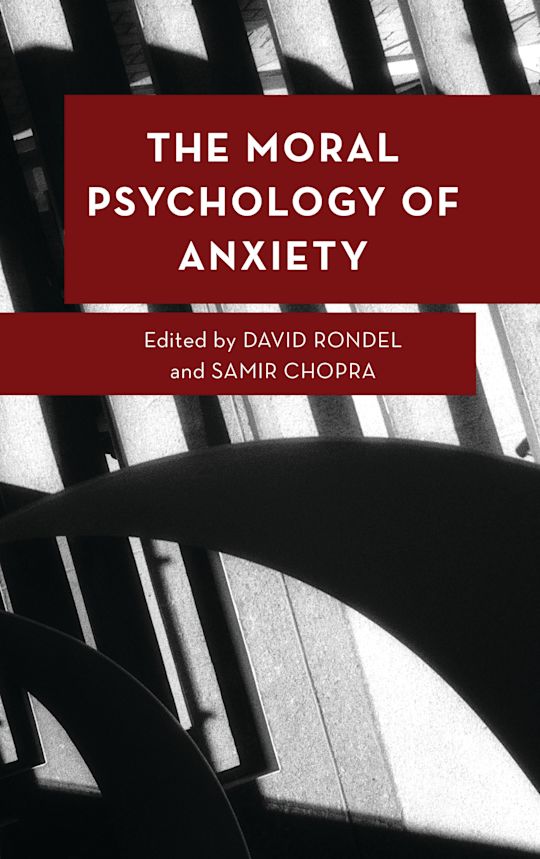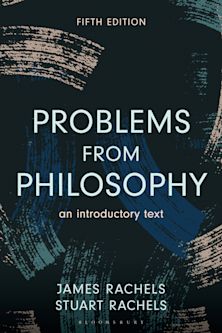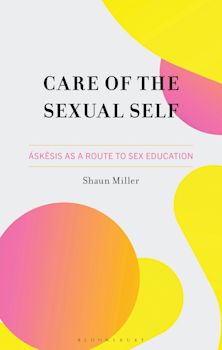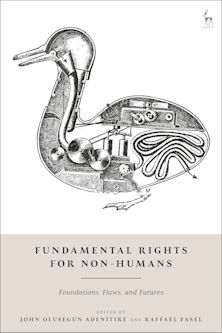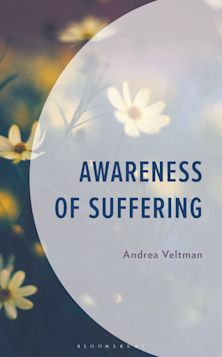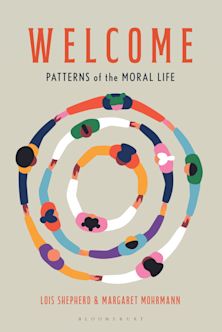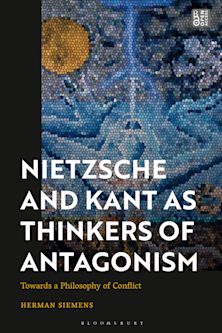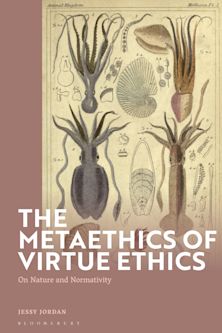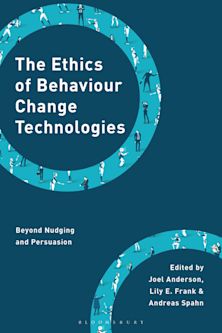The Moral Psychology of Anxiety
Description
Edited by David Rondel and Samir Chopra, The Moral Psychology of Anxiety presents new work on the causes, consequences, and value of anxiety. Straddling philosophy, psychology, clinical medicine, history, and other disciplines, the chapters in this volume explore anxiety from an impressively wide range of perspectives. The first part is more historical, exploring the meaning of anxiety in different philosophical traditions and historical periods, including ancient Chinese Confucianism, twentieth-century European existentialism, and the Roman Stoics. The second part focuses on a cluster of questions having to do with anxiety’s nature and significance: Is anxiety something biological or cultural, or perhaps both? What is at the root of anxiety? Why should human beings suffer in this way? What is the experience of anxiety like, and what, if anything, are the benefits associated with it? Does anxiety have the potential to make us more virtuous or improve the quality of our inquiry? Addressing an area where newer work in moral psychology is sorely needed, this collection and the varied perspectives it offers will be of great interest to scholars, professionals, and students across philosophy, psychology, and related fields.
Table of Contents
Introduction: The Moral Psychology of Anxiety by David Rondel and Samir Chopra
Part I: Anxiety in the History of Philosophy
Chapter 1: The Moral Psychology of Anxiety: A Stoic Perspective by Massimo Pigliucci
Chapter 2: Not a Moment of Worry: Confucian Views on the Value of Anxiety by Leah Kalmanson
Chapter 3: Anxiety, Curiosity, and the Fracturing of the Self: Descartes and Princess Elisabeth by Deborah J. Brown
Chapter 4: The Anguish of Ivan Karamazov by Mauro Rossi and Christine Tappolet
Chapter 5: Prescription for Anxiety: A Sociohistorical Analysis by Ian Dowbiggin
Part II: The Nature and Meaning of Anxiety
Chapter 6: Generalized Anxiety Disorder: Natural, Normative, or Neither? by Jesse Prinz
Chapter 7: Social Anxiety, Affordances, and Habitual Trust by Michelle Maiese
Chapter 8: Moral Anxiety: A Kantian Perspective by Charlie Kurth
Chapter 9: The Epistemic Virtue of Anxiety by Juliette Vazard
Chapter 10: Anxiety’s Allure by Michael S. Brady
Bibliography
About the Contributors
Product details
| Published | 04 Jan 2024 |
|---|---|
| Format | Ebook (Epub & Mobi) |
| Edition | 1st |
| Extent | 270 |
| ISBN | 9781666928419 |
| Imprint | Lexington Books |
| Illustrations | 2 BW Illustrations, 2 Tables |
| Series | Moral Psychology of the Emotions |
| Publisher | Bloomsbury Publishing |
Reviews

ONLINE RESOURCES
Bloomsbury Collections
This book is available on Bloomsbury Collections where your library has access.









